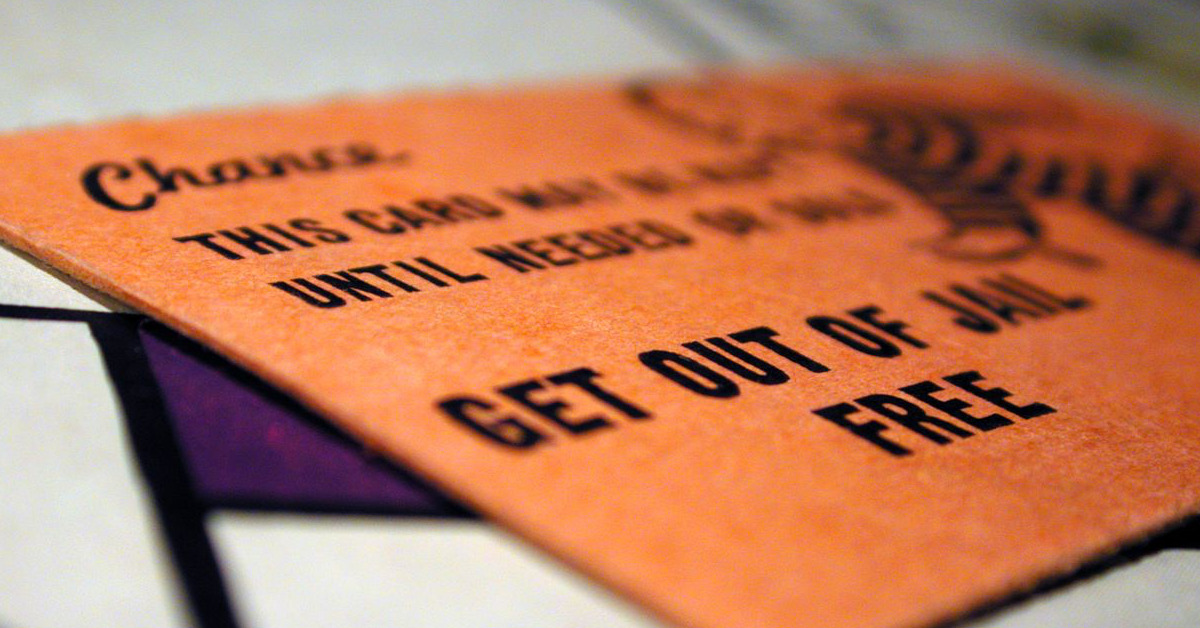Going Silent on line 61 is an Option, Just don’t Attest to Coverage You Didn’t Have








What to Do With Line 61 if You Didn’t Have Coverage
If you didn’t have coverage, going silent on line 61 is an option (not checking line 61). Don’t attest to coverage unless you had it. This is the loophole for the ObamaCare fee.
IMPORTANT UPDATE 2019: The IRS accepted silent returns in 2017 (for 2016 plans), but was more stringent in 2018 (for 2017 plans) saying they would not accept electronically filed forms that did not address the health coverage requirement (see the official statement from the IRS here). It is likely they will still be stringent in 2019 (for 2018 plans). Then for 2019 plans there is no federal fee for not having coverage, and thus this whole thing will be a moot point. For the 2019 tax filing season for 2018 plans however, you should be aware that the IRS may reject “silent returns.”
NOTE: Everything below is subject to change depending on what happens with healthcare reform and depending on official statements from the IRS. See the latest document here: the IRS’s ACA Information Center for Tax Professionals (in this official document the IRS explains their stance).
Information for 2016 Plans and the 2017 Tax Year on Filing a Silent Return
Trump’s order allows you to file a “silent return,” and the IRS has said they won’t reject it. TIP: This “silent option” only makes sense if you didn’t have coverage and would owe the fee. If you had coverage, got cost assistance, or qualified for an exemption, then you should follow the directions for line 61 and file the 8962 and 8965 forms respectively.
The ACA is still the law of the land and attesting that you had coverage when you didn’t is lying.
You don’t want to lie on an official document, so if you didn’t have coverage in 2016, and you don’t want to pay the fee on your 2017 tax return filed by April 18th, 2017 (or later if filing late), you should seek an exemption or do nothing. Leaving line 61 blank is OK, but don’t lie and check the box on line 61 if you didn’t have coverage.
This may still result in the fee down the road, but the IRS will process your return. This was the case in 2014 as well, but was not the case in 2015 and 2016.
UPDATE OCT. 2017: This is all subject to change at any time. The IRS doesn’t seem to be as keen on people going silent on the fee as Trump is. The official stance of the IRS is currently “you still owe the fee and you must show proof that you had coverage.” There is, in other words, some conflicting messaging going on as of October 20th, 2017. In fact, they recently said the WILL NOT accept electronically filed tax returns where the taxpayer does not address the health coverage requirements of the Affordable Care Act. Despite the rhetoric you may have heard, this is actually the first tax season it has refused to accept such returns. In other words, going silent was a choice for filing in 2017… but it doesn’t look like that will be the case in 2018. See: the IRS’s ACA Information Center for Tax Professionals.[1][2][3]
TIP: The IRS is limited in the ways they can collect the fee under Trump’s executive orders, but the law is still the law. It is a bit of a gamble, but this is the one and only ObamaCare individual mandate loophole. You are welcome 😀
Clarification: The IRS can’t send you to jail for not paying the fee. That has always been a myth.
See: Trump Executive Order on the ObamaCare Mandates (the Fees) Explained for more details.
- IRS won’t accept returns next year without health coverage
- Update from Oct. the IRS’s ACA Information Center for Tax Professionals.
- The one where the IRS originally said “they won’t reject it“
Chuck
Line 61? AWESOME advice from an Insurance Agent who bwecame a Teacher of Special Education.
ObamaCareFacts.comThe Author
Great! Glad to have some feedback on this. Hope this works out for people.
Chuck
Hey, I am an Insurance turned to Special Education teaching too! This is in California.
John
Interesting
ObamaCareFacts.comThe Author
Yeah, it is sort of bizarre grey area to report on, but it does seem to be the case. Remember though, nothing says the IRS won’t try to collect the money, it essentially just says the rules are lax.